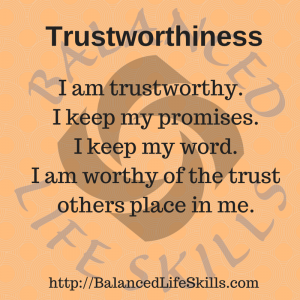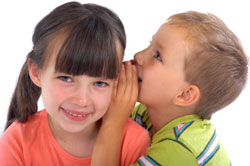 All of us want to be successful. Success means different things to different people. Therefore goals are different for every individual. Thinking of our goal and then working on it so that we can achieve it almost always requires that we find and use perseverance.
All of us want to be successful. Success means different things to different people. Therefore goals are different for every individual. Thinking of our goal and then working on it so that we can achieve it almost always requires that we find and use perseverance.
Have you ever thought about success outside of “What do you want to be when you grow up?”. Helping our children see that they can control their destiny and empower them with the hope of being successful – in their own eyes will also help them to be happy.
Beyond what they want to be when they grow up, they may also consider what success would look like in their future home and family. Do they want to live by the ocean or in a city? Do they want to have a family with children? They will need perseverance to meet those goals.
How will success look in giving back to the community? Do they want to run for public office or be president one day? Would they like to work with animals or the environment? What would success look like in their impact on the community. They will need perseverance to meet those goals.
How will success look in their hobbies and recreation? Do they want to learn to ride horses or fly fish? Would they like to be a pilot or design clothes? Whatever they choose to do for fun will help them feel successful. They will need perseverance to meet those goals.
Showing our children how to stick with a goal will help them for the rest of their life.



